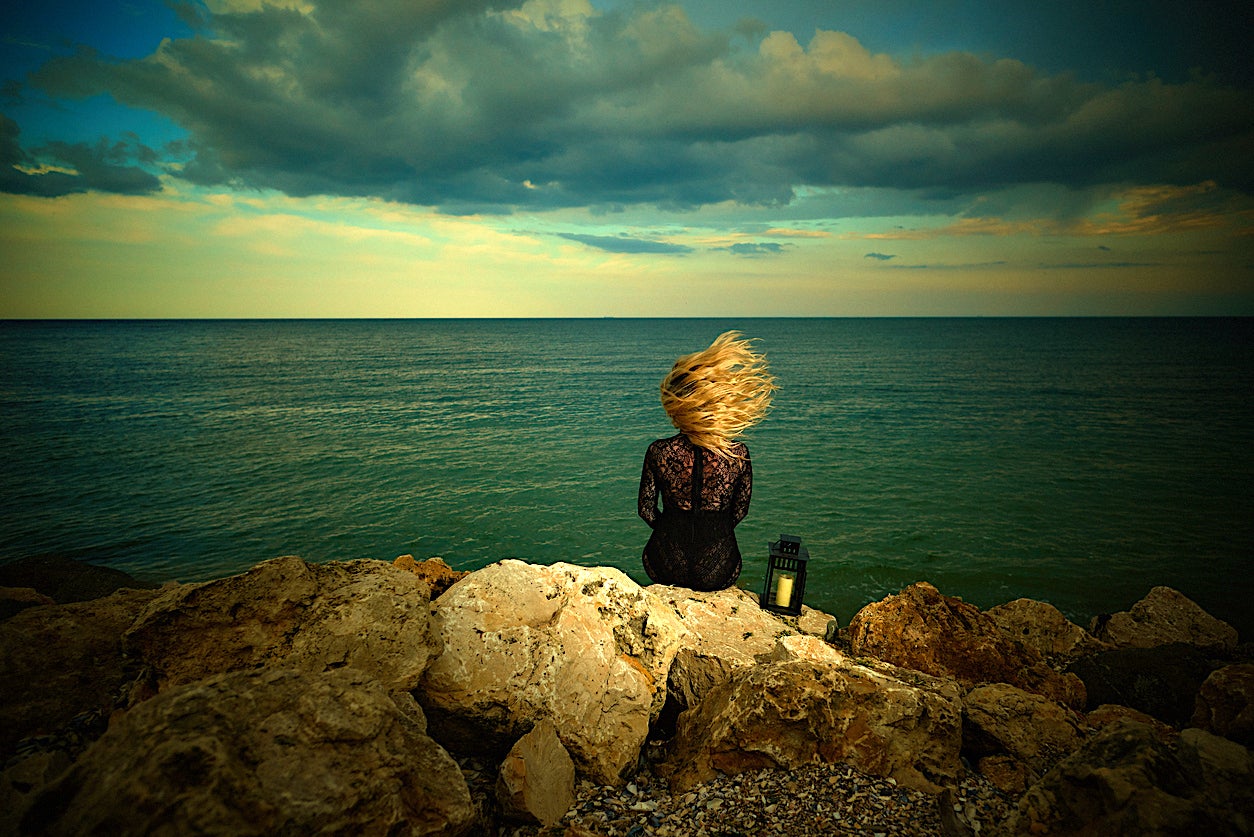This is why identifying as a ‘witch’ is empowering
Witches fight the patriarchy, capitalism and the destruction of nature, it’s no wonder were seeing more of them in popular culture, writes Diego Rinallo


In the past, being suspected of being a witch could cost you your life. During the 15th-17th centuries, an estimated 20 to 50,000 people (mostly women) were killed because of witchcraft accusations. Even today, every year, thousands of people – women, children, people with disabilities, and albinos – are accused of witchcraft and subjected to banishment, torture and murder around the world.
In July 2021, the United Nations Human Rights Council adopted a long-awaited resolution condemning human rights violations associated with witchcraft accusations.
Yet, in other contexts, and especially on social media, witches have never been so popular. On Instagram, the hashtag #witchesofinstagram has more than eight million posts. On TikTok, videos tagged #WitchTok have surpassed 21 billion views. Behind such online content, there are people – women, but also members of the LGBTQIA+ community, people of colour and from other marginalised groups – who proudly identify as witches.
Together with my colleagues Maria Carolina Zanette (a professor at the Neoma Business School, Rouen) and Laetitia Mimoun (a lecturer at the Bayes Business School, City University of London), I have investigated the rise of the witch within popular culture and why it resonates with so many people.
The short answer is that the witch identity is empowering – particularly for those from vulnerable groups. People who recognise themselves as being witches use this archetype to create a coherent narrative of self. The witch myth is a transformative one, it permits us to incarnate an archetype long-associated with enchantment, power, rebellion and it connects us to nature.
Long considered victims of the religious obscurantism, witches were first redefined by feminism, which saw in them as healers, midwives, and bearers of knowledge that the patriarchy wrongly considered diabolic. Feminists were among the first to embrace the witch myth by claiming that witches were rebels against patriarchal forces and one of the few symbols of female power in the Western world – because they were feared by men.
Wicca and other neopagan religions also offer a positive representation of witches – as members of a surviving pre-Christian and Goddess-worshipping religion, whose members try to connect to the rhythm of nature through meaningful ceremonies grounded in pre-Christian magical beliefs and practices.
Part of the reason why so many people from marginalised communities find it so attractive to become a witch is because the myths surronding them are ambivalent: they have positive meanings for some and negative meanings for others.
Witch power is denied by some, feared by others, and reclaimed by self-proclaimed witches in a process to empower themselves and become heroes/heroines of their personal story – fighting adversaries like the patriarchy, capitalism, and the destruction of nature. Witches have mobilised their resources to fight the fires in the Amazon rainforest, support the Black Lives Matter movement, and bless doctors and nurses during the Covid-19 pandemic.
At the core of this ambiguity, which makes the witch myth so full of life, is the complex stratification of meanings, originated in different times but all co-existing together.
The process of reclaiming the witch is deeply embedded in contemporary politics, especially those connected with fourth-wave feminism, such as diversity, intersectionality, identity politics, gender, race, LGBTQ+ rights, and postcolonialism.
Skewing what is villainous and what is heroic and inversing these roles, is a powerful empowerment tool for minority groups. Social media-enabled witchcraft is something likely to see a lot more of.
Diego Rinallo is an associate professor of marketing and a member of the Lifestyle Research Center at Emlyon Business School
Join our commenting forum
Join thought-provoking conversations, follow other Independent readers and see their replies
Comments
Bookmark popover
Removed from bookmarks